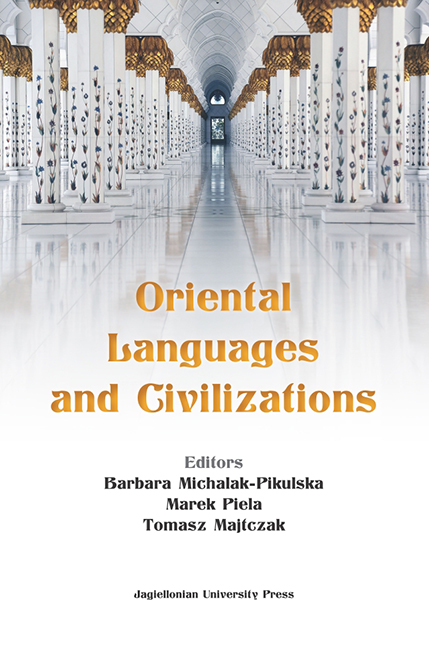Persian dishes in the 13th century Kitāb al-ṭabīkhby al-Baghdādī
Published online by Cambridge University Press: 06 November 2021
Summary
Relatively few books in Persian solely devoted to theart of cooking are known. The earliest classicalPersian cookbook that has survived, comes from theSafavid period (16th century). Howeverreferences to a highly developed cuisine in Persiain Mediaeval times are found in Arabic manuscriptsand compiled cookbooks written under the rule of theAbbasid caliphs since the 10th century.They have preserved many recipes of the dishes withPersian names and clearly derived from Persiancuisine. In this article I will present some of themrecorded in the 13th century Kitāb al-ṭabīkh byal-Baghdādī.
Keywords: Mediaeval Arabic cookbooks, Persian cuisine,names of dishes
“Pleasures may be divided into 6 classes: to wit,food, drink, clothes, sex, scent and sound. Ofthese the noblest and the most consequential isfood: for food is the body's stay and the means ofpreserving life”
(al-Baghdādī, 1939, p. 32).Kitāb al-ṭabīkh (Book of dishes), betterknown in English as “A Baghdad cookery book” is amasterpiece of early Mediaeval Arabic languagecookbooks. It presents the immense wealth andingenuity of cooking in the golden age of Arabcivilization strongly influenced by the Persiancuisine. The original book contained 160 recipesdivided into 10 chapters: (1) sour and milk dishes,(2) plain dishes, (3) fried and dry dishes, simpleand sweet dishes, chicken dishes, (4) harīsa and baked dishes, (5)fried, soused and turned dishes, pie, etc., (6) fishdishes (fresh, salted and ṭirrīkh, i.e. salted with vinegar andmustard), (7) sauces, relishes and savouries, (8)jūdhāb, khabīṣ (mixed), (9) ḥalwā’, (10) breadvarieties: khushknānaj, muṭbaq and qaṭā’if. The book was copied for atleast three centuries, even into other languages(e.g. Turkish), and often with additional recipes(about 260) added by the transcribers ortranslators. For centuries, it had been the favoritecookbook of Turks and Arabs. The original13th century text was for the firsttime translated into English by famous Britishorientalist Arthur John Arberry in 1939.
Kitāb al-ṭabīkh wascompiled in 1226 by the scribe of Baghdad, Muḥammadbin al-Karīm al-Kātibal-Baghdādī (b. 1184/85 – d.1239/40 A.D.), of whom we know almost nothing (cf.Brockelmann, 1898, p. 904).
- Type
- Chapter
- Information
- Oriental Languages and Civilizations , pp. 173 - 190Publisher: Jagiellonian University PressPrint publication year: 2022



